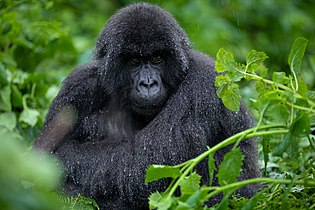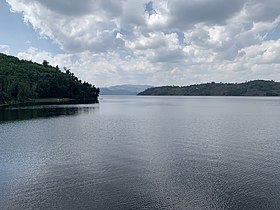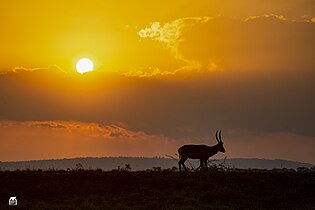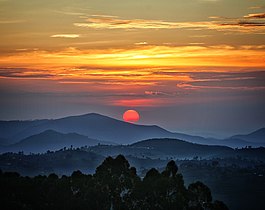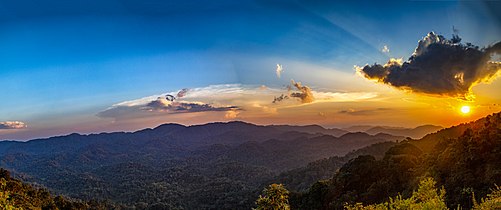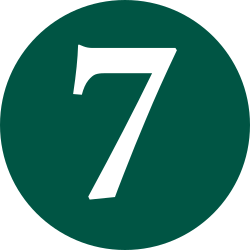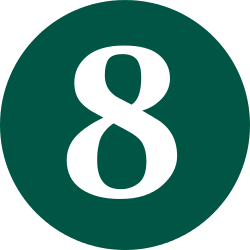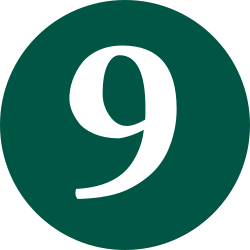Commons:Wiki Loves Earth 2020 in Rwanda
Wiki Loves Earth 2020
Wiki Loves Earth (WLE) is an international photographic competition to promote natural sites around the World, through Wikimedia projects (mainly Wikipedia and Wikimedia Commons). Everybody can participate.
There are a lot of natural areas in all participating countries. The goal of Wiki Loves Earth is to encourage people to take pictures of those sites and to put them under a free licence to allow others to access them through the Internet. To achieve that, an international contest is taking place in June 2020. This website presents the Rwandese segment of this competition.
For the full list of participating countries, you may wish to visit the WLE international homepage at http://www.wikilovesearth.org/
Target
The goal of the contest is to put online as many pictures of recognised natural areas of Rwanda, including its flora and fauna, during the month of June 2020 on Wikimedia Commons in order to share them, for free, with the world.
All pictures will be donated to Wikimedia Commons under a free licence, so they can be used freely around the world. Wikimedia Commons is an online repository hosting free multimedia content. Wikipedia relies solely on Commons as its media repository.
In June, you can upload as many pictures as you want of the recognized natural areas that you have visited, or representative flora or fauna species. Pictures don't have to be taken in June, but must be uploaded that month to be considered for the contest. Starting on June 1, the contest's Rwandan jury will begin evaluating the photographs, and awarding prizes for the best pictures in Rwanda, later that month. The Rwandan jury will then select the 10 best from Rwanda to be sent to the international jury.
Prizes
Local Contest (Rwanda):
- 1st winner:200$
- 2nd Winner:150$
- 3rd winner:100$
International Contest:
- 1st place winner will get a full scholarship to attend Wikimania 2021 - the largest annual gathering of Wikimedians worldwide - or an Amazon voucher for the same value. Other international prizes are Amazon vouchers (the value depends on the participant's place).
1 Voucher options include Nikon, CameraLK, or select alternative options. Only one award per participant.
Frequently Asked Questions
- Is there a limit on the number of photos I can submit?
- No, you can submit as many as you like. Some people are uploading photos of hundreds of sites. However, we recommend you upload your best and quality photographs to increase your chances of winning.
- Can I use Photoshop or a similar program to post-process my photos before submitting them?
- Yes. The photos can be edited or processed by using any software. But please avoid the temptation to over-process: this is a photographic contest, not a computer art one.
- What are the guidelines on image size?
- Please submit images that are as large as possible and do not “downsize for the web”. We value high-resolution images for many purposes including print. While images below 2 megapixels may be accepted for the national contest, they will not be considered for a prize as they lack usability at larger sizes, especially in print. Please note we won't contact you and ask you to submit larger resolution photos.
- Can I edit Wikipedia myself to add my photo to an article that doesn’t have images?
- Yes, we’d be delighted! As your competition entry is already on Wikimedia Commons, it can easily be re-used on Wikipedia just by embedding the photo on the page.
- I am not the world’s best photographer. Do you still want my images?
- Yes, please! Even if you don't win in the international contest, your contribution can still give you the satisfaction of knowing that you have helped document your local environment and natural heritage, and that you have made your images freely available for future generations. Besides, some local organizers might offer special nominations and/or prizes for the highest number of photos uploaded.
- Areas are too large, how to focus what to photograph?
- The most useful pictures are those of wide views and representative biotopes. You can also submit photos of representative or rare species (animals, plants etc.), but these photos should be properly identified.
- Can we accept photos without coordinates in local contests?
- Yes, photos without coordinates can be accepted in local contests, but should such photo be nominated for the international part, the author or the organizing team will have to add coordinates, or such photos might be disqualified. Sometimes it is easy to do (if it is a very famous and recognizable place), though that's not always the case. Yet, without the coordinates, the international team cannot in a timely manner to check all the pictures and verify if the picture follows the requirements of the contest.
- My camera does not include the coordinates automatically
- Though we (as Wikipedians) would like to have the exact location included in the picture, we understand that it is not always doable: one might easily scan the only printed photo they have left from some trip, for example, or have an older device. In this case, you should add the coordinates of the part or protected area (that would be usually the center of it).
- What should I do if I have concerns that having coordinates can be bad for endangered species?
- If there is a reason to protect endangered species by exclusion of the coordinates, local organizers should send the sensitive info and reasoning to the international team via wle-team
 wikimedia.org.ua.
wikimedia.org.ua.
- What shall we do if some areas have an entrance fee?
- Photos from the area which have an entrance fee are treated equally with all other photos. We are not going to force someone to pay for a chance of taking photos. On the contrary, people who are going to pay for entrance will do this anyway, and we encourage them to take pictures there.
Participate
You can participate in the Wiki Loves Earth contest by taking suitable pictures and uploading them to Wikimedia Commons during the month of June 2020. For the picture to be eligible, you can take it anytime, as long as you have taken it yourself and you upload it to Commons in June by using the appropriate form.
Rules to be eligible to the contest:
- You must be the original photographer, and upload the photo yourself.
- You must identify the location or species depicted in the picture.
- You must accept to put your picture under the license CC-BY-SA 4.0 (details).
As a start, you may refer articles about Rwanda's national parks, protected areas, wildlife sanctuaries, and also its endemic birds, endemic mammals, amphibians, and reptiles, in order to identify photographed subjects, or potential subjects.
How to participate
- Decide what you want to photograph/upload
- To be eligible for the Wiki Loves Earth contest, you must first confirm that the photograph is of a natural area, or identified flora or fauna. Different types of natural areas are eligible such as national parks, protected area, etc. If you already have such photographs, it is not important when you took them, it is only important that you upload them between June 1st and July 31st.
- Take the photograph
- Here are some advice to augment your chances to win the contest:
- Adjust your camera to the highest resolution. Take several photographs of the natural site. Later choose the best pictures or upload them all if they are all good.
- Remember what natural areas that you photographed because you will be required to identify them at the moment of uploading the pictures.
- Make sure that the photographs are pertinent to represent the natural areas. For example, a photograph of cars in the parking of a national park doest not represent the natural park, but photographs of landscapes, wildlife, lakes, mountains, etc are all pertinent.
- Make sure to respect the rules of the park where you are.
- Upload your pictures
- First, you need to have a Wikimedia account. The same account is good for all Wikimedia projects, including Wikipedia and Wikimedia Commons. It is totally free.
- Second, use the link below while you are logged in to upload your pictures (the big red button in the next section)
- Make sure to clearly describe what the photograph portrays in English. You may also add descriptions in any other languages.
- Also, it is good to note that better categorisation and depicts statements increases the visibility of your photos.
- Geo-coded images are always welcomed.
LOCAL ORGANIzING TEAM CONTACTS .Email : wikimediarwanda@gmail.com .facebook: Rwanda Wikimedia Community User group .Instagram: WikiRwanda
TOP TEN WINNING PHOTOS
-
 File:Mountain gorilla from Susa Group in Karisimbi thicket of Volcanoes National Park in Rwanda
File:Mountain gorilla from Susa Group in Karisimbi thicket of Volcanoes National Park in Rwanda
Photo by Emmanuelkwizera -
-
-
 File:An aerial of Nyabarongo River from Nyungwe National Park to River Nile
File:An aerial of Nyabarongo River from Nyungwe National Park to River Nile
Photo by Emmanuelkwizera -
-
-
-
-
-

